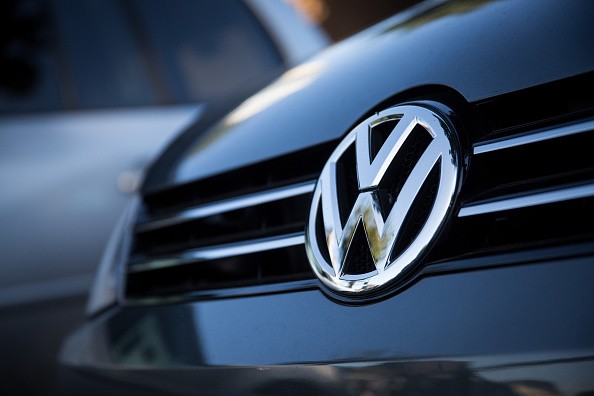Volkswagen has set its sights on artificial intelligence after the German auto giant announced on Thursday its $180 million investment in Chinese startup Mobvoi to bring smart technology to its vehicles.
The investment will go into a joint venture that will "develop and apply AI technologies to automotive industry," with both companies retaining equal ownership of the venture, according to an official statement.
Beijing-based Mobvoi, which was founded in 2012 by former Google developer Zhifei Li, specializes in AI with a particular focus on voice recognition and natural language processing technology.
Prior to Volkswagen's investment, the company had raised $75 million from investors, including an undisclosed funding round from Google in 2015.
Mobvoi is best known for its Ticwatch smartwatch, which raised more than $2 million on the crowdfunding platform Kickstarter, and the Chinese voice-based assistant Chumenwenwen.
In 2016, the company ventured into the auto accessories sector with a smart rearview mirror that integrates the mobile messaging service WeChat, navigation, and other apps.
The smart mirror likely drew Volkswagen's interest and is expected to be incorporated in future Volkswagen models, according to a report from Techcrunch.
"We are impressed by Mobvoi's innovative approach of AI technology, and we are pleased to form this joint venture to explore the next generation of smart mobility," Dr. Jochem Heizmann, president and CEO of Volkswagen China, said in a statement.
Volkswagen sold 10.3 million vehicles last year, making it the world's largest automobile seller. China has been a key component of that success, with the company's deliveries in the country rising 12.2 percent. In addition, the automaker does not sell diesel vehicles in China, further shielding its business there from issues around its global emissions scandal.
The investment with Mobvoi comes four months after Volkswagen announced its mobility solution platform Moia, which is dedicated to disruptive transportation such as fleet-based commuter shuttles and developing autonomous on-demand technology.



























